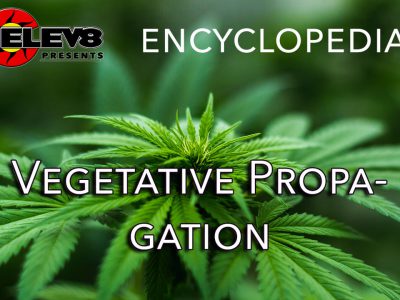What does Worm Castings mean?
Worm castings, also known as vermicast, are a worm’s manure in its natural form. The waste produced by worms as they eat compost, natural decaying debris in soil, and other organisms such as rotifers, nematodes, protozoans, bacteria, and fungi becomes a nutrient-rich soil additive.
Worm castings contain an abundance of bacteria, remnants of decaying plant matter, enzymes, earthworm cocoons, and other by-products. The manure is high in magnesium, nitrates, phosphorus, potassium, zinc, borax, iron, carbon, calcium, copper, cobalt, and nitrogen.
Worm castings are generally a dark brown in color and football-shaped. When added to the soil they improve soil aeration and increase the soil’s water-retention abilities.
More Info On Worm Castings
Worm castings are a highly coveted natural fertilizer because the nutrients are readily available to the plant and the castings do not burn or harm the plant’s delicate root system.
As the manure moves through the worm’s digestive tract, a thin layer of mucus starts to encase the manure particles. The mucus helps preserve the worm castings so they slowly release their abundant nutrients into the surrounding soil over a period of about two months.
The pH of worm castings is neutral at a pH level of 7. The manure is odorless. Each worm casting also contains high levels of humic acid, which helps accelerate a plant’s overall growth rate.







